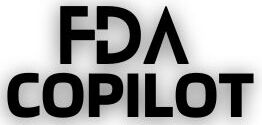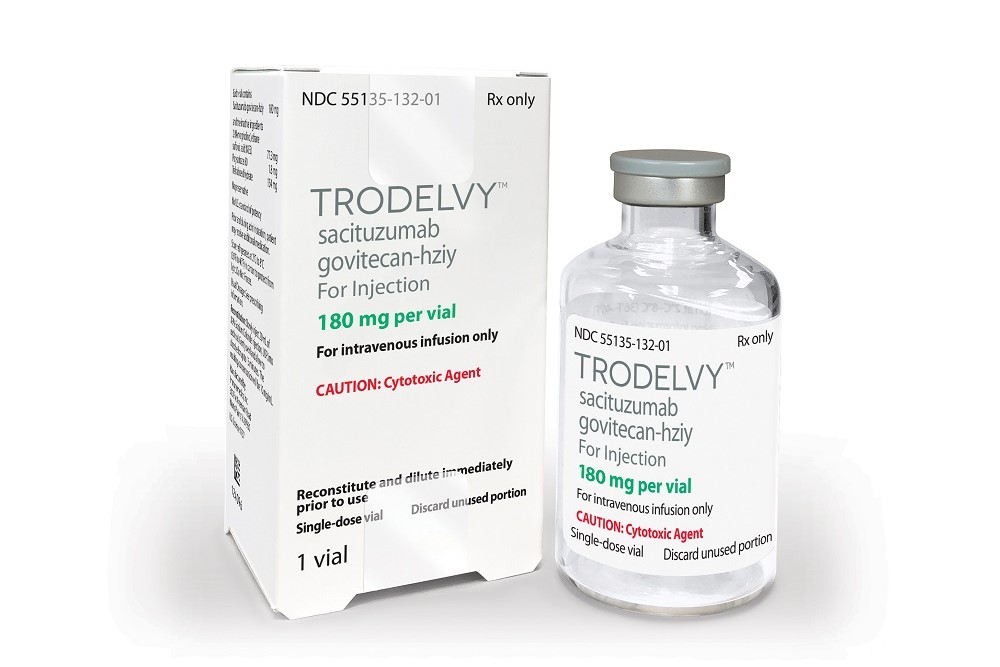Gilead Sciences has announced its decision to voluntarily withdraw the cancer drug Trodelvy from the U.S. market as a treatment for advanced urothelial carcinoma. This decision was made almost five months after a confirmatory Phase 3 study showed the drug failed to meet the primary endpoint of overall survival with statistical significance. The withdrawal, decided in consultation with the FDA, impacts only Trodelvy’s indication for metastatic urothelial carcinoma, a severe form of bladder cancer, and does not affect its approved use in other indications either in the U.S. or elsewhere.
Trodelvy, which is an antibody drug conjugate (ADC), was initially granted accelerated FDA approval in 2021 for the treatment of locally advanced or metastatic urothelial carcinoma after patients had already undergone chemotherapy or immunotherapy with checkpoint inhibitors. The approval at that stage was based on Phase 2 data that demonstrated tumor response rate and the duration of the response. According to FDA requirements, drugs approved under the accelerated pathway need to subsequently verify benefits in larger, more comprehensive Phase 3 studies.
However, the recent failure of Trodelvy in its Phase 3 trial for urothelial carcinoma marks a significant setback. Although Gilead did not provide detailed data from the failed trial in its announcement, the company has stated it plans to present this data at a forthcoming medical meeting. The specific details and implications of the study’s data are yet to be disclosed to the medical community.
Despite this setback for Trodelvy’s use in treating urothelial carcinoma, the drug continues to be an important treatment option in other cancer indications. Trodelvy was the first TROP-2-targeting ADC approved by the FDA and initially hit the market in 2020 for treating advanced triple-negative breast cancer. The drug later received full approval for this indication in 2021, after converting from its accelerated approval status. In addition, Trodelvy obtained accelerated approval for treating advanced HR-positive HER2-negative breast cancer last year.
However, attempts to further broaden the drug’s approved uses have faced challenges. Earlier in the year, Gilead reported that Trodelvy failed in a Phase 3 trial for non-small cell lung cancer. Despite these hurdles, the drug has shown significant commercial success. In 2023, Trodelvy achieved sales exceeding $1 billion, with $628 million generated in the first half of the year alone— a 30% increase compared to the same period in the previous year. This financial success is primarily attributed to higher demand for the drug in its breast cancer indications.
Globally, Trodelvy is approved in over 50 countries and continues to be part of a broad clinical development program that includes further studies in different populations of breast cancer patients, as well as investigations into its efficacy in treating lung cancer, head and neck cancer, and gynecological cancers.
Gilead’s decision to withdraw Trodelvy from its urothelial carcinoma indication following the Phase 3 study’s failure reflects the company’s commitment to compliance with regulatory expectations and ensuring patient safety. As it stands, clinicians dealing with patients currently using Trodelvy for urothelial carcinoma were advised of the withdrawal and are expected to discuss alternative treatment options with their patients. The withdrawal of Trodelvy in this specific cancer indication highlights the complexities and challenges in cancer drug development, especially in cases where initial promising results do not always lead to success in larger-scale confirmatory trials.
#Gilead #Sciences #Voluntarily #Pulls #Drug #Bladder #Cancer #Trial #Failure



